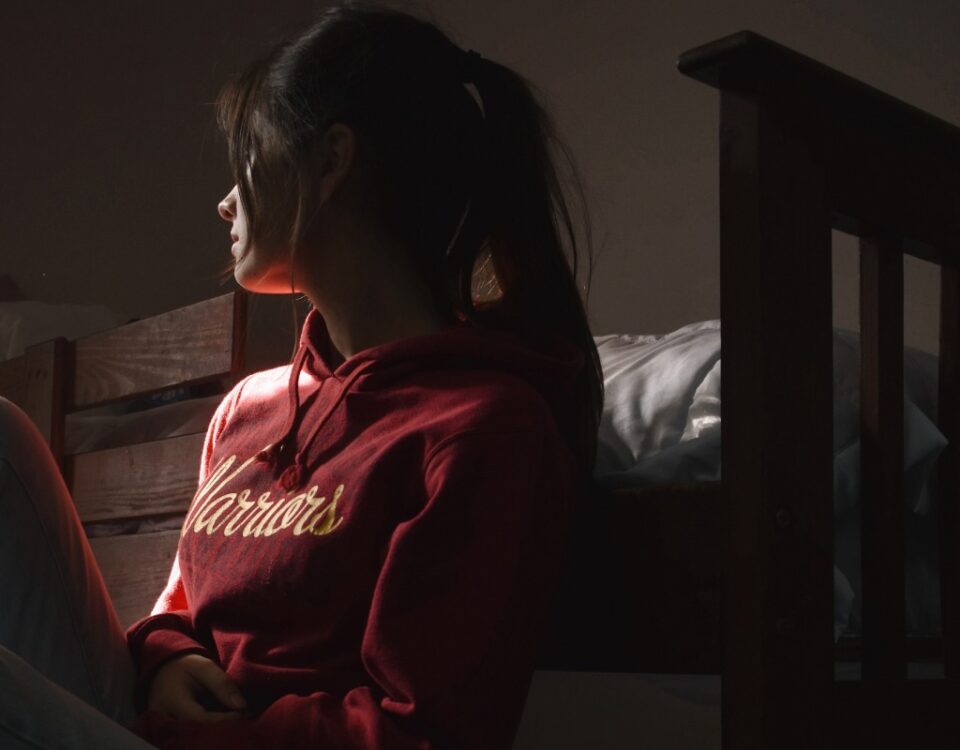
What Is Mental Health Management and When Can It Prove Effective?
November 21, 2021
Six Stressors for College Students
November 24, 2021Co-occurring disorders affect the behavioral aspects of people across the globe and drastically alter the way they live their lives. The dual diagnosis impacts their physical, mental, and emotional health in all sorts of different ways. For people who struggle with co-occurring disorders, treatment is quite crucial in the long-term recovery of the person. Treatment provides a way for the individual to address both of the disorders in the way that is best for them.
Because of the way the body works, co-occurring disorders’ symptoms and health impacts overlap. They may begin at the same time, but sometimes one issue appears well before or after the other. It is essential to understand the different co-occurring disorders and how they impact the health of the person. Understanding the general signs and symptoms of such co-occurring disorders can help in the treatment and recovery processes. There are many possible treatment options, including going into a program at a trusted dual diagnosis treatment center.
The Signs and Symptoms of Co-occurring Disorders
Co-occurring disorders, also known as a “dual diagnosis,” refer to the state of an individual struggling with a mental health disorder and a substance use disorder. Both the conditions occur at the same time; however, they may have different onsets. This condition is characterized by severe symptoms and side effects owing to both conditions.
Moreover, it must be noted that substance use and mental illness cause one another to worsen and are often closely interlinked. Substance misuse can severely impact the mental and physical health of the person who needs further treatment. Some of the common signs and symptoms that those who have co-occurring disorders are:
- Sleep and diet changes
- Extreme moods, such as highs and lows
- Increased fearfulness
- Heightened irritability
- Confused thinking and thought process
- Behavioral changes
- Lack of feeling to socialize or converse with people around
- Lack of personal hygiene
- Lack of energy and increased lethargy
Some more serious side effects can happen if co-occurring disorders are left untreated, including the deterioration of physical health, suicidal thoughts, or organ failure.
Treatment Options for Co-occurring Disorders
Co-occurring treatment programs can cater to individual-specific, family-driven, and symptom-focused needs of people struggling with a dual diagnosis. This includes (but is not limited to) treatment for substance misuse, anxiety, and depression.
These kinds of disorders generally demand a more extensive treatment plan than a case wherein the person suffers from only one of the conditions. This is because that individual is experiencing the symptoms of both conditions. This implies that the best treatment is one wherein the person receives care that is individualized to their needs. For those who are experiencing co-occurring disorders, seeking treatment can be helpful. Knowing which treatment facility is right for each person can be difficult. Here are some qualities to look for in a treatment center:
- Includes people suffering from co-occurring disorders in important decisions and events at the treatment center.
- Ensuring that the treatment process is individualized or customized to the person’s needs.
- Utilizing medications in addition to other treatment plans. This is also known as medication-assisted treatment (MAT).
- Holding therapy sessions and group therapy meetings.
- Offering aftercare plans, such as requiring a follow-up to avoid any chances of relapse.
- Having peer group activities, stress-relieving exercises, and mind-rejuvenating treatments in the daily routine.
Why You Should Seek Treatment
A dual diagnosis center has a team of trained healthcare professionals who have experience in dealing with diverse co-occurring disorder patients. For instance, The Kimberly Center is a trusted dual diagnosis center known for its unique treatment plans, individual-specific strategies, and mix of family-driven recovery routes.
A quality dual diagnosis treatment center offers affordable, flexible, and customized treatment options and medication routes for those going into detox or treatment. Tried and tested behavioral therapies are used, which help people and their families cope with the symptoms of the co-occurring disorders.
When an individual struggles with substance use disorder and is also diagnosed with any type of mental health disorder, they are experiencing what is known as co-occurring disorders or a dual diagnosis. These types of mental health disorders that could be involved include, but are not limited to, eating disorders, bipolar disorders, depression, anxiety, post-traumatic stress disorder (PTSD), schizophrenia, attention deficit hyperactivity disorder (ADHD), and other personality disorders. Treatment involves a personalized approach for minimizing and then zeroing down the substance use, while simultaneously treating the underlying cause for the person. One-to-one counseling is essential for treating a dual diagnosis in the correct manner and right time span.
Co-occurring disorders showcase the signs and symptoms of both the underlying conditions simultaneously. Management of these symptoms is difficult for people on their own. Some basic symptoms of co-occurring disorders are sleep and diet changes, mood swings, increased fearfulness, confused thinking and thought processes, physical health deterioration, and more. They need external healthcare supervision to understand their health condition, treat these conditions effectively, and receive help quickly. One-to-one counseling helps in the treatment of a dual diagnosis in the correct manner and right timeframe. Trained and dedicated professionals will help pinpoint your symptoms, design a customized plan for you, and help strategize your recovery effectively. The Kimberly Center is a trusted dual diagnosis center for people or their loved ones who are struggling with a diverse range of medical conditions, including substance use disorder. If you are looking for treatment from trained professionals, feel free to call our dedicated representatives at (855) 452-3683.




